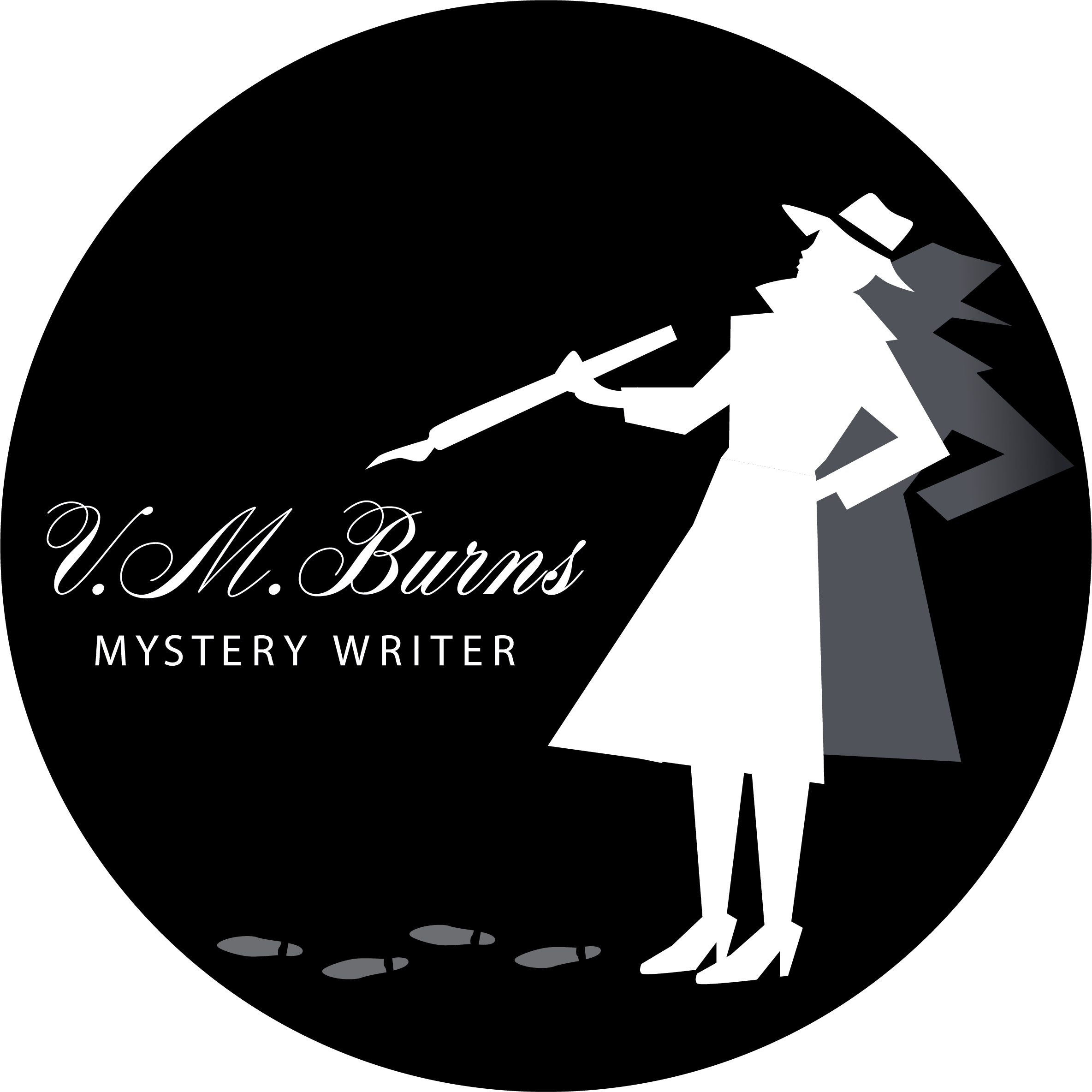My first foray into writing seriously, was in screenplays. I read books, attended innumerable workshops and conferences and yes, wrote screenplays. Hollywood is an extremely hard shell to crack, especially if you don’t live there. However, I did learn a great deal which helps me get over the seemingly universal feeling when watching movie adaptations of books that, the book is much better than the movie. Movies rarely live up to the reader’s expectation, but there are very good reasons why the movie is changed. Here are a few.
Movies are visual. In books, the author writes what the hero or heroine is thinking. Few movie goers want to pay money to watch someone think. The audience needs to see the detective investigate and see how the detective processes the clues. One screen adaption that seems to do this well is the BBC version of Sherlock starring Benedict Cumberbatch as Sherlock Holmes and George Freeman as Watson. The producers do a good job of using technology to show the clues as Sherlock observes them, often having the camera zoom on clues and displaying words to give the audience a fair shot at solving the crimes. It’s a really good example of how Sherlock’s mind works.
Another reason movies are changed is because books often have an army of characters. Main characters, secondary and tertiary characters all help to make a book interesting, provide for subplots and mimic real life (few of us live on deserted islands with only five other people). Movies are expensive to produce so producers try to keep the cast small. I remember a friend complaining about the elimination of an elf in the Fellowship of the Ring. The elf in question had one small task in the book, which was given to another character in the movie. As a huge fan of the Lord of the Rings books, I noticed the substitution, but it didn’t bother me. However, a few months ago, I reread Agatha Christie’s book, Nemesis. This past week I watched the BBC version which starred Joan Hixson as Miss Marple. I think the BBC does an excellent job of adapting books for movies. But, with the book so fresh in my mind, the differences stood out a lot. In particular, I noticed the movie significantly reduced the number of suspects. Reducing the number of actors in most movies may not be important. However, a reduction in characters in a mystery can make solving the murder less challenging than the reader experiences in the book.
Cozy mysteries are puzzles portrayed in story form. The reader is presented a hopefully, interesting puzzle that must be solved. Adapting a cozy mystery for television or movies is great for introducing new audiences to the genre. However, producers need to make sure that in adapting mysteries for the screen, they stay fair to the rules. All clues need to be presented to the reader at the same time that the detective finds them; and nothing is withheld from the reader. Producers who adhere to these rules should find that mystery lovers will adapt to movie adaptations and flock to see their favorite detectives solve crimes in whatever medium available.
